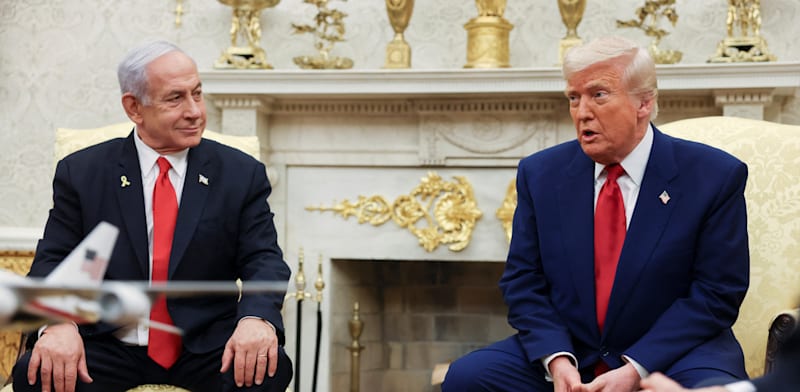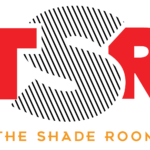As the tariffs imposed on foreign countries by the US comes into force the shekel has resumed its slide against the world’s major currencies. In afternoon inter-bank trading the shekel is weakening against the US dollar and the euro. The shekel-US dollar exchange rate is up 0.77% at NIS 3.80/$, and the shekel-euro rate is up 1.22%, at NIS 4.186/€.
Yesterday, the Bank of Israel set the representative shekel-dollar rate down 0.133% from Monday, at NIS 3.766/$, and the representative shekel-euro rate was set 0.211% lower at NIS 4.119/€.
RELATED ARTICLES

Israeli officials confident on US tariff concessions
Israel’s fiscal deficit continues to narrow
The turmoil on Wall Street is directly affecting currency rates. Yesterday, the trading day on Wall Street closed with sharp declines, with the Nasdaq index, which has a strong negative correlation with the shekel-dollar exchange rate, losing more than 2%. Mizrahi Tefahot Bank chief economist Ronen Menachem says that over the past week alone, the shekel has weakened by 3.2% against the US dollar and 5.8% against the euro.
He adds, “The declines reflect, first and foremost, the weakening of the dollar against the euro, against the backdrop of the Trump administration’s new tariffs coming into effect, and the renewed confrontation between the US and China. Beyond that, there is a direct impact from Wall Street: the declines in stock indices mean local institutional bodies find themselves short-exposed to foreign exchange, which forces them to convert shekels into dollars and purchase large amounts of foreign exchange.”
Many economists believe that the upheaval on Wall Street is forcing Israeli institutional investors to update their investment portfolios, which is leading to high demand for foreign exchange and an unusually weak shekel compared with other world currencies.
Bank of Israel not expected to intervene in forex market
Despite all this, the Bank of Israel is not overly concerned about the depreciation of the shekel. At a press conference on Monday, Bank of Israel Governor Prof. Amir Yaron, was asked about the possibility of intervening in the foreign exchange market, given the sharp fall in the shekel’s value. Yaron replied that at this stage, market activity is considered normal, and therefore there is no need for the bank to sell dollars in order to balance the shekel’s depreciation. However, Yaron stressed, “The Bank of Israel has a broad set of tools, and we will examine their use, depending on developments.”
Published by Globes, Israel business news – en.globes.co.il – on April 9, 2025.
© Copyright of Globes Publisher Itonut (1983) Ltd., 2025.





